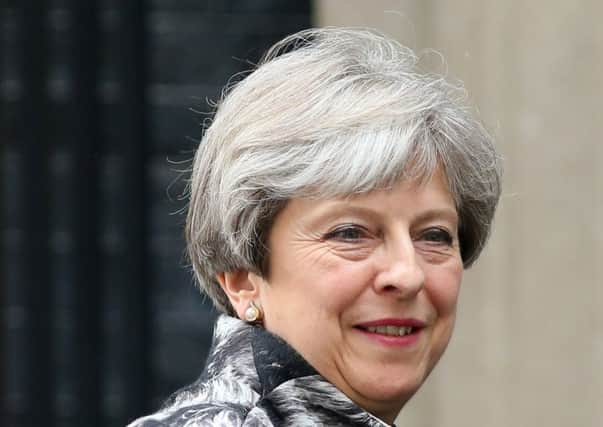John McLellan: Mapping press regulation is no easy task
This article contains affiliate links. We may earn a small commission on items purchased through this article, but that does not affect our editorial judgement.


It was important enough for the Department for Culture, Media & Sport to launch a consultation last year into two controversial subjects.
• READ MORE: General election news
First was the reactivation of part two of the Leveson Inquiry into the relationship between newspapers and the police, suspended in 2012 because of the number of criminal trials arising from the phone-hacking investigation. Second was the triggering of Section 40 of the Crime and Courts Act, which threatens punitive cost sanctions against news publishers who are not members of a government-recognised regulator if they face defamation or breach of privacy cases in English courts.
Advertisement
Hide AdAdvertisement
Hide AdThe consultation results have yet to be published and the process was put on hold because of the general election, but all three main UK parties made pledges in their manifestos, with the Conservatives promising to repeal Section 40 and to abandon Leveson Two.
Both Labour and Lib Dems back implementation of Leveson One, which includes the Section 40 provisions, and starting Leveson Two as soon as possible. The SNP manifesto did not mention either, and although First Minister Nicola Sturgeon is on record as saying press regulation has gone far enough, Edinburgh South-West MP Joanna Cherry QC, who leads on media regulation in Westminster, has previously supported measures similar to Section 40.
Should it ever come to a vote, it is possible the SNP could abstain, but if there was a possibility of inflicting a defeat on the Tories then it might not be as simple as the First Minister’s views on the general principle. As with everything else in this hung parliament it could then come down to the ten Democratic Unionist MPs.
Given the kicking the DUP has been receiving, they might not be well-disposed to the press and one of their MLAs, Alex Easton, has just had a complaint against Belfast’s Sunday Life rejected by the Independent Press Standards Organisation. Then again, the DUP is well-disposed towards the police – leader Arlene Foster’s husband is a senior officer – and is unlikely to have much enthusiasm for an inquiry into something which happened over ten years ago.
The DUP’s instincts are to abstain on anything which does not affect Northern Ireland and Section 40 very much falls into this category, so an SNP abstention would hand victory to the Conservatives. So Leveson Two might never happen, but Section 40 is still very much alive.
• John McLellan is director of the Scottish Newspaper Society and a City of Edinburgh Conservative councillor